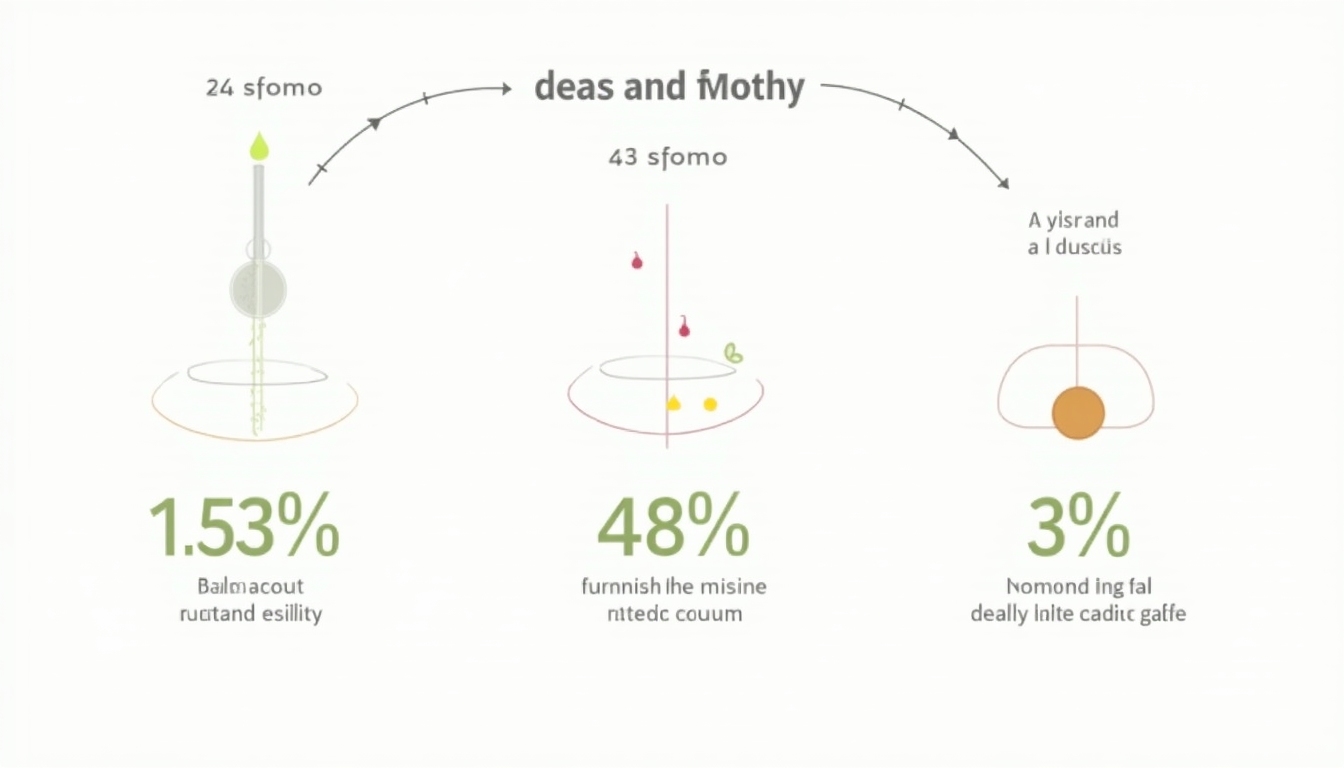Impact of Age on Male Fertility Preservation
Jan. 27, 2025, 5:05 p.m.
Overview
The impact of age on male fertility preservation is a growing concern, with many men seeking solutions to maintain their potential for fatherhood. This article explores the key considerations and strategies.

Understanding Male Fertility Preservation
Preserving fertility is crucial for many men considering fatherhood later in life. Understanding how fertility changes with age can help make informed decisions. Research indicates that while fertility decline is more pronounced in women, men are not immune to the effects of aging when it comes to reproduction.
Age and Male Fertility
Age impacts fertility preservation in men by affecting sperm quality and quantity. According to studies, sperm motility and volume often diminish with age, making conception more challenging. Additionally, genetic mutations in sperm DNA increase, which may impact the health of potential offspring.
- Sperm Count: A noticeable decline in sperm count can begin as early as the late 30s.
- Motility Issues: Reduced sperm motility impacts the ability to reach and fertilize an egg.
- Genetic Concerns: There is an increased risk of genetic abnormalities as men age.

Personal Insights and Experiences
Many men share concerns about waiting too long to start a family. For instance, John, a 45-year-old consultant, expressed worry over the potential challenges of having children later in life due to fertility preservation issues. He decided to consult a fertility specialist, who advised freezing sperm as a precautionary measure.
Fertility Preservation Techniques
Men have several options when it comes to fertility preservation. These methods can provide peace of mind and preserve reproductive potential for the future:
- Sperm Freezing (Cryopreservation): The most common technique. Sperm samples are collected and stored at a low temperature.
- Benefits: Easily accessible when needed, effective for long-term preservation.
- Testicular Sperm Extraction (TESE): A suitable option for those with azoospermia or other sperm retrieval challenges.
- Hormonal Treatments: Some treatments can potentially enhance fertility by addressing specific hormonal imbalances.

The Role of Lifestyle and Health
Healthy lifestyle choices play a significant role in mitigating the impact of age on fertility. Men are advised to maintain a balanced diet, engage in regular exercise, and avoid smoking or excessive alcohol consumption. Stress management is also crucial, as high stress can adversely affect sperm quality.
Conclusion
The journey of fertility preservation in men is one of careful consideration and proactive action. While age does impact male fertility, understanding the available preservation techniques and maintaining a healthy lifestyle can offer significant advantages. Men are encouraged to seek professional advice and explore all options to safeguard their fertility.
To deepen your understanding, explore topics like sperm quality improvements, lifestyle impacts on male fertility, and genetic factors in fertility preservation.